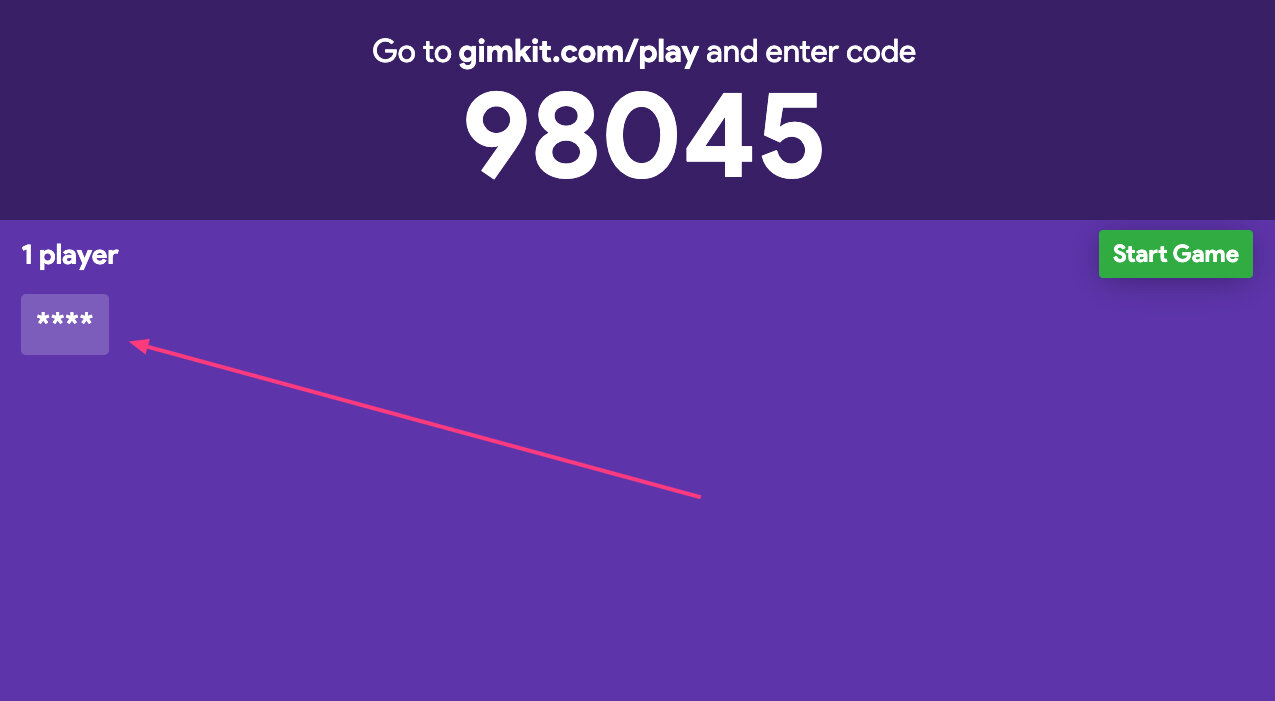I now review flagged Kits every week, happy to help the teachers and students who reported them in making Gimkit a safer, more welcoming environment. Since we launched Kit flagging, the Gimkit community has helped identify over 500 Kits as offensive/inappropriate or inaccurate/misleading.
I also use the Kit-flagging system to routinely scrape Gimkit for Kits with particularly offensive and hurtful words and phrases. At least once a month I pick a few words and use the Kit Flagging system to flag and remove Kits that are harmful to our community.
There are a lot of terrible words that would've brought up dozens of Kits if you'd searched Gimkit for a year ago. Now, searching those words brings up nothing. And if something does pop up, you can flag it and we'll review it and take the appropriate steps to remove it from the community.
A simple word filter and a system for Flagging Kits aren't the biggest achievements in EdTech history (all of the other review games and most classroom tools have similar features). But they helped make Gimkit a safer, more inclusive place and I'm proud of them.
Privacy Policy
Another item that popped up on my radar as soon as I started at Gimkit, helping to re-write Gimkit's Privacy Policy is one of the achievements I'm most proud of for my entire career.
The Gimkit Privacy Policy in January 2019 was the same template-policy Josh launched Gimkit with in late October, 2017. Worse than being outdated, the Privacy Policy was a genuine problem. Gimkit had outgrown it and it wasn’t enough to adequately protect the thousands of teachers and educators using Gimkit. As a result, many schools and districts were blocking use of Gimkit.
Updating our Privacy Policy slowly became my main focus, especially after the 2019 school year ended. At the time, I didn’t know anything about writing a Privacy Policy for an EdTech company. The task didn’t only feel daunting, it felt nearly impossible. Luckily, there are many good examples in EdTech of amazing Privacy Policies (especially EdPuzzle and Pear Deck) that I was able to study and learn from. Luckier still, we started making friends with a few of the EdTech vets we respected who were happy to help guide me as I re-worked our Privacy Policy.
Reading other Privacy Policies and asking obnoxious questions of busy CEOs and COOs wouldn’t be enough. We also found an attorney, Madhu Singh, who had experience working with EdTech companies. Without Madhu, I wouldn’t have been able to get through the Privacy Policy work!
Thinking back on where our Privacy Policy was a year ago compared to where it is now makes me proud, not only because of the work I put in but also because of the policy itself. It would’ve been easy to create an updated Privacy Policy that was “good enough.” But that never occurred to Josh and I, even in the third and fourth and fifth months of the process.
I know it’ll need to evolve again soon to fit rapidly changing laws and expectations around student privacy and to accommodate product updates, but, as I re-read it now, I can’t help but feel proud of how we’ve planted our flag in regards to privacy.
Groups
I've already written an entire blog post on this, so I'll keep this section brief.
At the end of January 2020 we released one of the most exciting developments of my time here - a simple, teacher and admin-friendly Group Subscription system.
Josh worked hard to make something that's excessively uncomplicated and easy to use. I'm really proud of what he made, even though I had little to do with the development and physical creation of it. I'm proud of the time, effort, and care he put into it because the result is pretty amazing.















